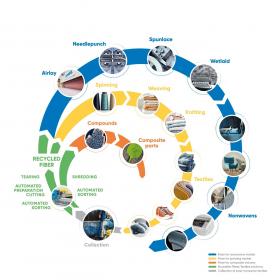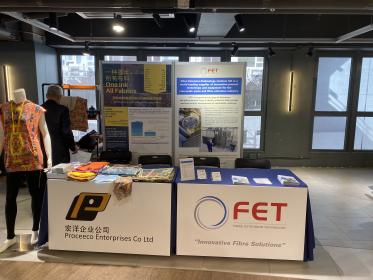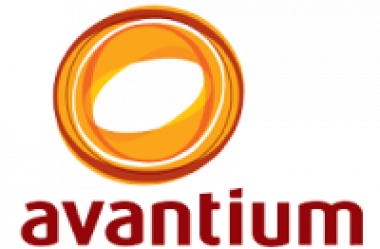BEZAKTIV ONE: New Reactive dyes range by CHT
- Reactive dyes for water and energy saving dye processes with significantly shortened process time
BEZAKTIV ONE covers a broad color spectrum with tinctorial very strong dyes. This enables a cost-efficient dye process with significantly less dye and salt. The excellent wash-off behavior allows short rinse cycles at lower temperatures and therefore offers further ecological and economic advantages. The dyes are particularly suitable for durable textiles due to their good multiple wash fastness.
Cellulosic fibers are often dyed with reactive dyes, as these are commercially available in a wide range of colors that result in dyeings with high wash fastness. However, reactive dyeings require a lot of water due to the necessary rinsing processes. Due to increased ecological requirements, the development of energy and water saving processes is not just a trend, but rather a core prerequisite for new dyes.
A minimal number of rinsing baths and generally lower temperatures for dye exhaust, rinsing and soaping contribute to an overall efficient water and energy saving dyeing processes.
BEZAKTIV ONE dyes can be dyed, rinsed and soaped between 40 and 60 °C. Therefore, the BEZAKTIV ONE exhaust dyeing process is significantly shorter compared to conventional reactive dyeing processes, where temperatures between 60 and 98 °C are required. This advantage means savings in process time and higher productivity for the textile dyer.
The advantages become particularly clear when dyeing medium to dark shades with the BEZAKTIV ONE process. Due to the high fixation level in combination with good color build-up dark shades can be matched with lower dye concentrations of BEZAKTIV ONE than with conventional bifunctional reactive dyes. The addition of the auxiliary COTOBLANC SEL in the second soap bath has an additional positive effect, so that a washing process with low water and energy consumption generates excellent wet fastness properties on the textile.
CHT































